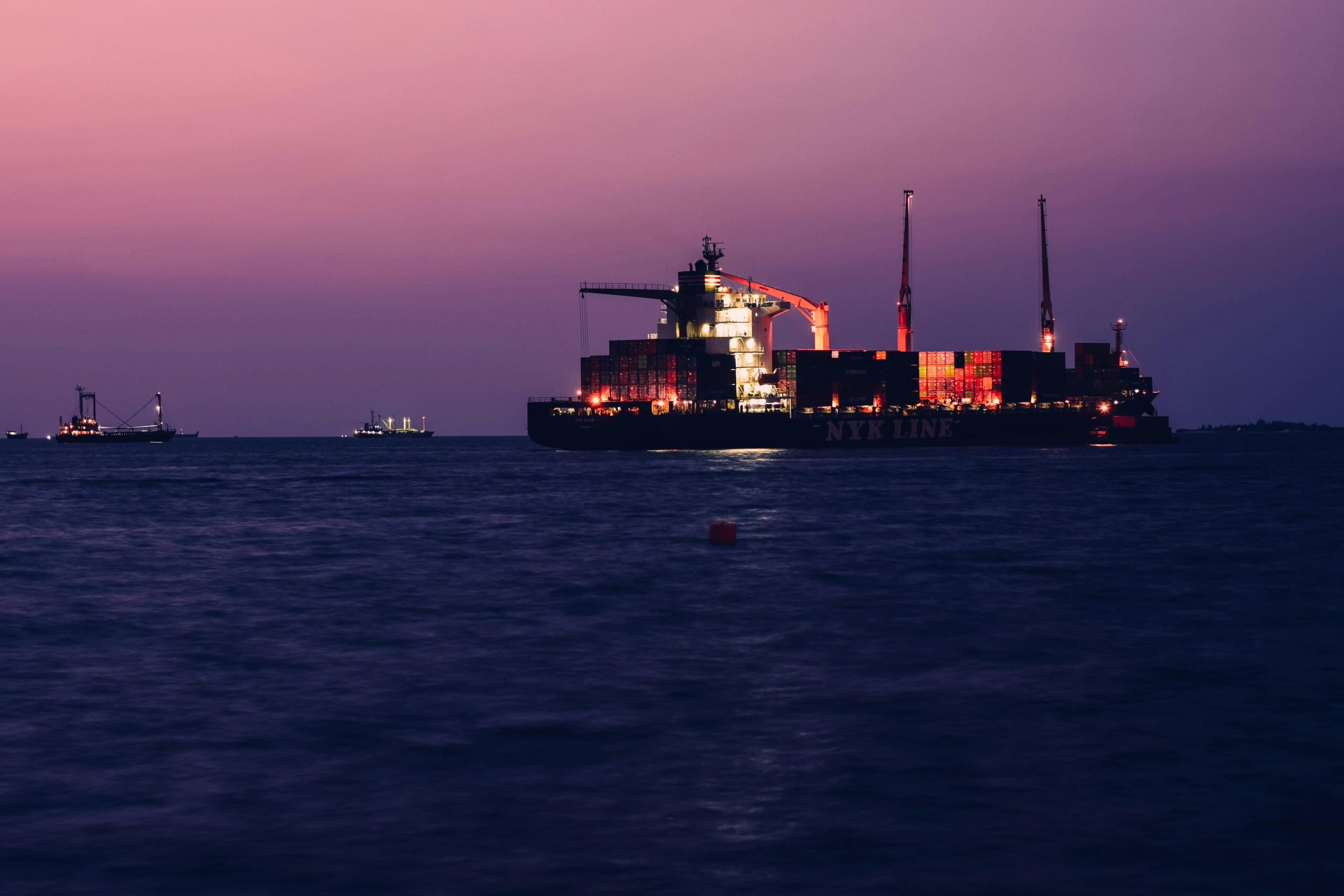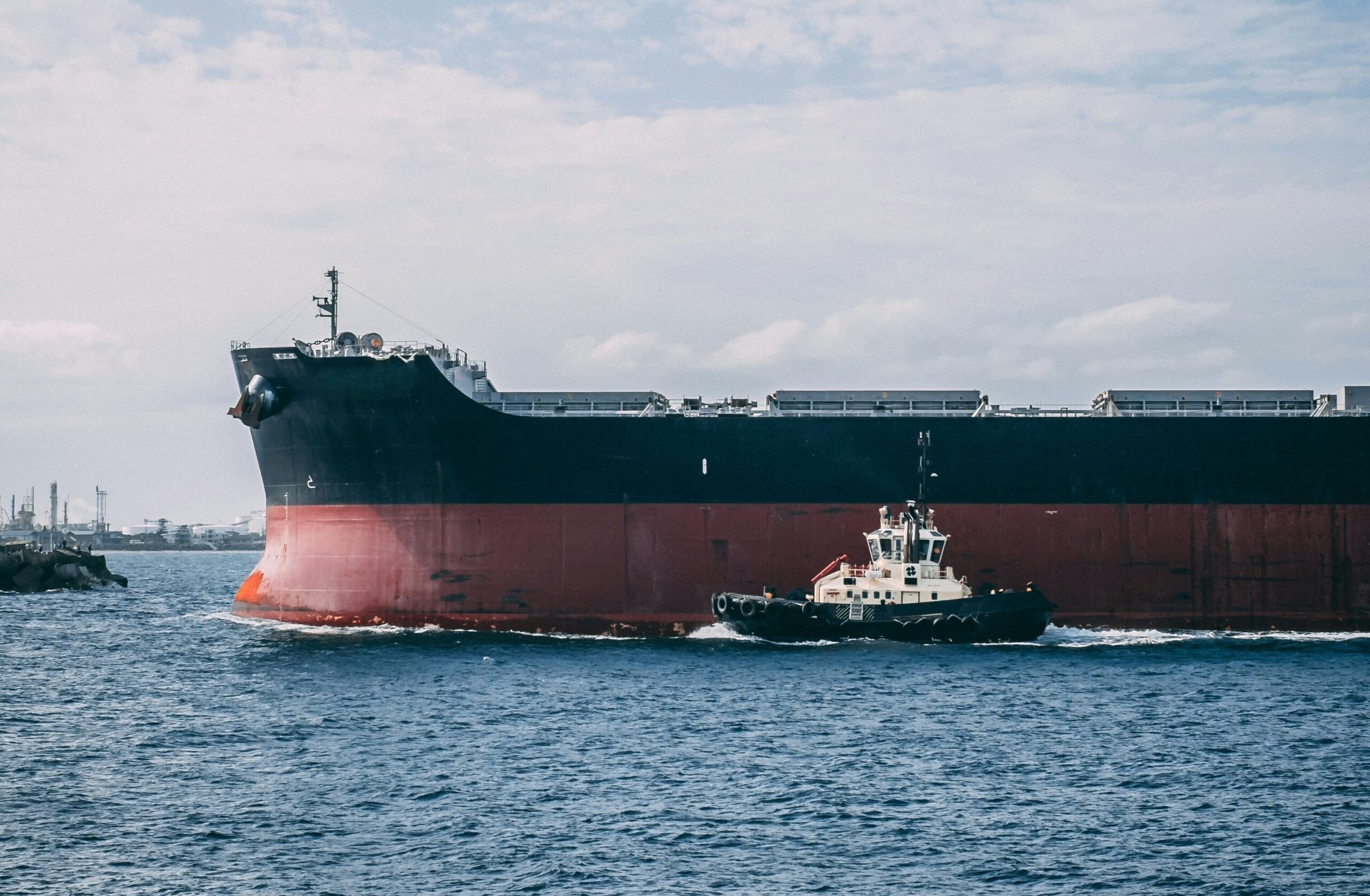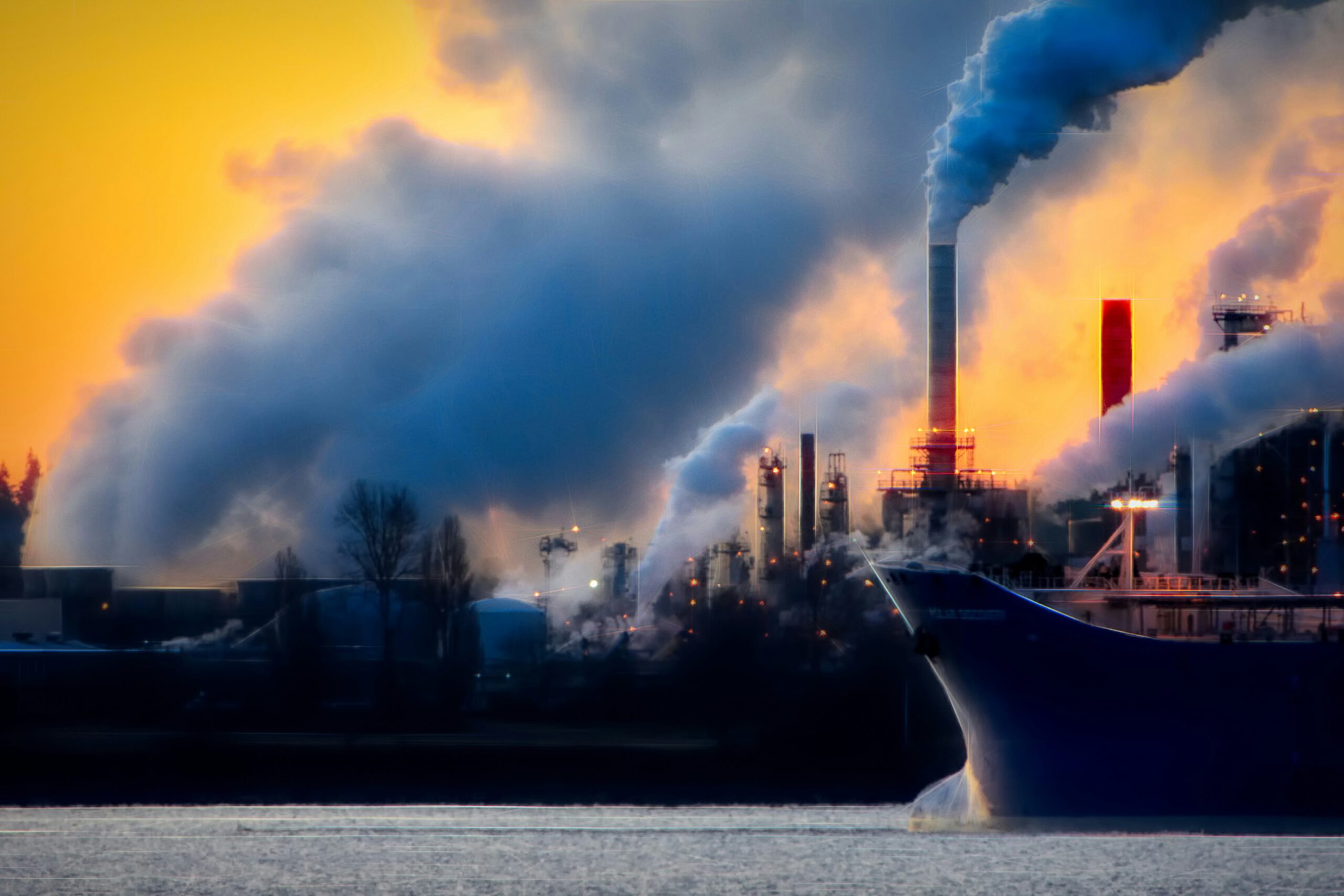Waste Heat Recovery Systems in Ships Using Bunker Fuels
Introduction In the maritime sector, waste heat recovery systems (WHRS) are pivotal for improving energy efficiency and reducing operational costs. Ships, relying on bunker fuels for propulsion and operations, generate substantial waste heat during combustion. Capturing and utilizing this waste heat through WHRS
Fuel Management Systems for Efficient Bunker Fuel Usage
Introduction Efficient management of bunker fuel is essential for the maritime industry, impacting vessel performance, operational costs, and environmental sustainability. Fuel management systems (FMS) play a pivotal role in optimizing fuel usage by monitoring consumption, ensuring compliance with regulations, and enhancing operational efficiency.
Thermodynamic Efficiency of Various Bunker Fuels in Marine Engines
Introduction The efficiency of marine engines, crucial for the maritime industry’s sustainability and operational costs, is directly influenced by the thermodynamic properties of bunker fuels used onboard. Bunker fuels, derived from crude oil refining, encompass a range of grades with varying compositions and
Ship Engine Design Considerations for Different Bunker Fuels
Introduction Ship engines are critical components in maritime transportation, powering vessels across the world’s oceans. The design and operation of these engines must align with the specific characteristics of bunker fuels used onboard. With various grades available—from heavy fuel oils to cleaner alternatives
Comparative Study of Bunker Fuel Grades: ISO 8217 Standards
Introduction Bunker fuels are indispensable for the maritime sector, serving as the primary energy source for vessel propulsion and onboard operations. The International Organization for Standardization (ISO) meticulously defines bunker fuel specifications through ISO 8217 standards to ensure safety, efficiency, and environmental responsibility.
Lifecycle Analysis of Bunker Fuel from Crude Oil to Combustion
Introduction Bunker fuel, essential for powering maritime vessels, undergoes a complex lifecycle from extraction as crude oil to combustion in ship engines. Understanding this lifecycle is crucial for assessing its environmental impact, from greenhouse gas emissions to other pollutants released during extraction, refining,
Bunker Fuel Blending Techniques for Optimal Performance
Introduction Bunker fuel blending is a critical process in the maritime industry, aimed at achieving fuels that meet specific performance, regulatory, and economic requirements. Blending involves combining different grades of fuel oils and additives to enhance fuel properties such as viscosity, density, sulfur
The Role of Additives in Improving Bunker Fuel Performance
Introduction Bunker fuels are essential for powering maritime vessels, providing the necessary energy for propulsion and onboard operations. However, the quality and performance of bunker fuels can vary significantly, impacting efficiency, emissions, and overall operational costs. Additives play a crucial role in improving
Desulfurization Technologies in Bunker Fuel Refining
Introduction Desulfurization is vital in bunker fuel refining to meet strict environmental regulations by reducing sulfur content. High sulfur levels in bunker fuels lead to harmful sulfur oxide emissions, contributing to acid rain and air pollution. This article explores various desulfurization technologies used
Environmental Impact of Bunker Fuels: Emissions and Regulations
Introduction Bunker fuels are essential for powering the global maritime fleet, yet their environmental impact is significant. Emissions from these fuels contribute to air pollution, climate change, and the degradation of marine ecosystems. This article explores the environmental impact of bunker fuels, focusing










